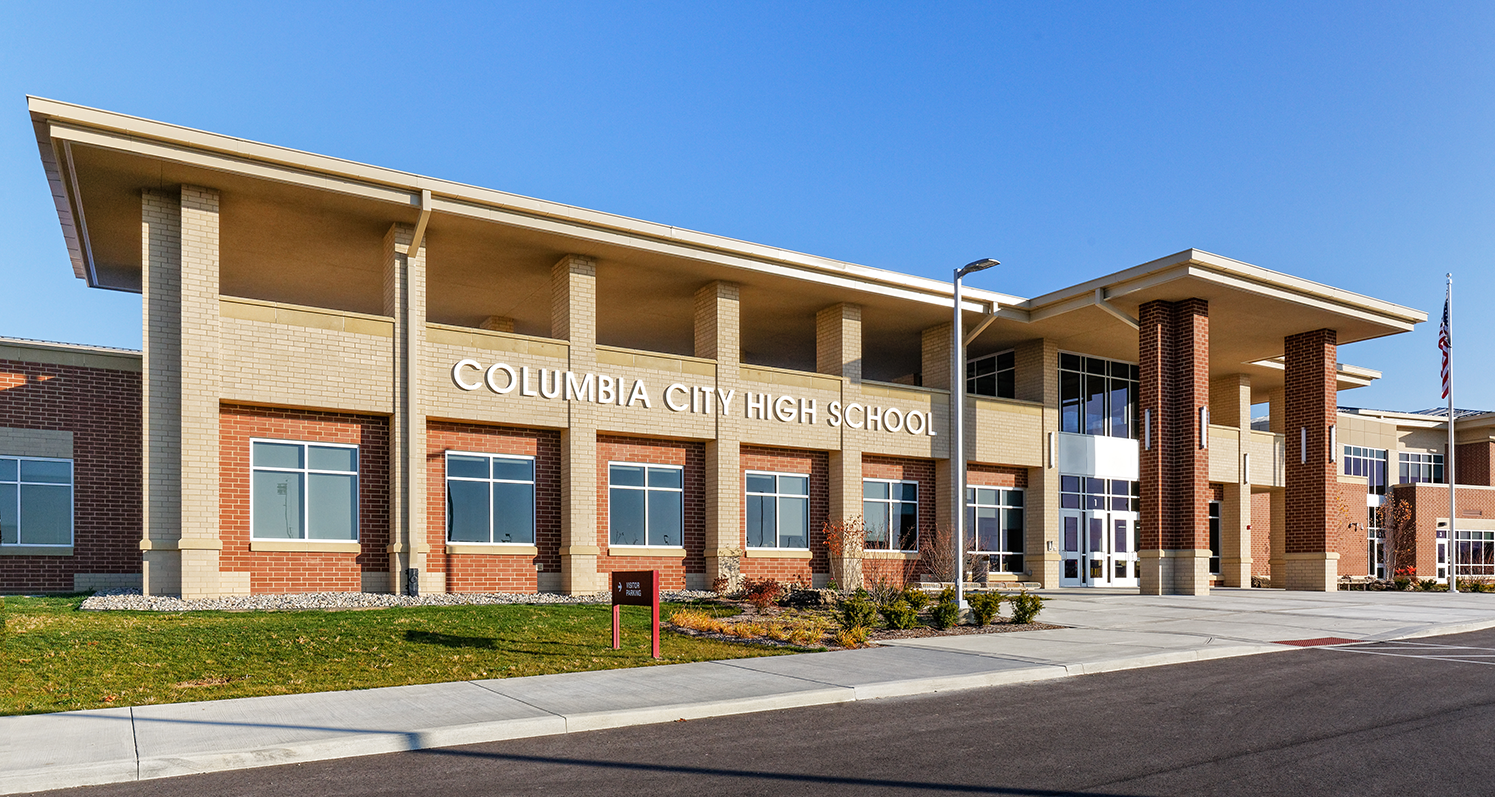The Significance of Regional Support to Save Temecula Schools Today
The Significance of Regional Support to Save Temecula Schools Today
Blog Article
The Effect of College Environments on Academic Success and Personal Well-Being
The layout of instructional areas, consisting of natural illumination and ergonomic furnishings, can enhance students' concentration and convenience. Exactly how can colleges strategically enhance these facets to better sustain their trainees?
Physical Format and Design
Exactly how does the physical design and design of a school impact scholastic success? The arrangement and aesthetic of an institution atmosphere can dramatically affect students' discovering end results.
Natural illumination and effective air flow systems are critical in enhancing cognitive feature and decreasing absenteeism. Studies have actually shown that class with enough all-natural light improve pupil concentration and lower feelings of sleepiness. Ergonomic furnishings tailored to trainees' demands can protect against physical pain, enabling for extended focus and involvement in academic tasks.
Access to exterior spaces and aesthetically pleasing environments also play an essential function - Save Temecula Schools. Green spaces and well-kept institution grounds give possibilities for physical exercise and psychological relaxation, both of which are vital for maintaining high degrees of scholastic performance. Essentially, a thoughtfully made physical environment can work as a driver for scholastic excellence, cultivating an environment that supports both mentor and knowing
Class Environment
An atmosphere that cultivates a sense of safety, inclusivity, and common respect encourages pupils to involve even more actively in their knowing processes. The setting of a class, including facets such as illumination, sound degrees, and seating arrangements, can significantly influence pupil focus and motivation.
Additionally, the class atmosphere should sustain a culture of partnership and open communication. They are extra likely to involve deeply with the material and create essential believing skills when trainees really feel comfortable sharing their concepts and asking questions. Peer communications and group tasks can improve knowing by providing diverse perspectives and cultivating synergy
Moreover, establishing regular regimens and clear assumptions can create an organized environment that enables students to focus on their research studies. By reducing unpredictability and providing a predictable structure, trainees can much better handle their time and duties. Ultimately, a positive classroom environment not just improves academic efficiency but additionally contributes to the total wellness of students, preparing them for future academic and personal undertakings.
Teacher-Student Relationships
Structure on the significance of a favorable class atmosphere, the relationships in between educators and trainees play a critical role fit academic success. A healthy teacher-student partnership cultivates a learning environment where students feel valued, recognized, and supported, which considerably boosts their inspiration and involvement. When pupils perceive their instructors as understanding and approachable, they are most likely to participate actively in class and seek assistance when needed, contributing to a deeper understanding of the subject.

This trust fund makes it possible for trainees to express their concepts and issues openly, fostering a collaborative discovering setting. In essence, strong teacher-student connections are a foundation of instructional success, playing a crucial function in both academic accomplishment and individual development.
Peer Interactions
Peer communications dramatically influence academic success by shaping a student's cognitive and social advancement. Within the college environment, peer connections work as a fundamental part for finding out and individual growth. Positive peer communications can improve a pupil's motivation and involvement in academic tasks via collective understanding and shared assistance. When students function together in team settings, they trade ideas, fix problems click this site jointly, and create critical thinking abilities. Such interactions foster a feeling of belonging and community, which is crucial for psychological well-being and scholastic determination.

Efficient peer interactions also contribute to the development of vital life skills, such as problem, communication, and participation resolution. These social competencies are vital for both academic success and individual health, highlighting the importance of promoting positive peer dynamics within the institution environment.
Extracurricular Tasks
Participating in after-school activities plays a critical function in a trainee's scholastic success and personal growth. These tasks, varying from sporting activities groups to question clubs, provide trainees chances to sharpen valuable abilities such as management, time monitoring, and teamwork. Research study regularly indicates that pupils that participate in after-school activities tend to achieve greater academic efficiency. This correlation is usually credited to the structured setting and the get redirected here discipline required to stabilize both extracurricular and academic commitments.
In addition, extracurricular participation cultivates a feeling of belonging and neighborhood, which is essential for personal health. Taking part in team tasks enables trainees to build and strengthen social networks, boosting their social and psychological intelligence. These communications are essential for creating interpersonal skills that are useful in both future and scholastic professional atmospheres.
Additionally, extracurricular tasks give a constructive electrical outlet for students to explore their interests and enthusiasms beyond the basic curriculum. This exploration can result in the discovery of new talents and possible job courses, even more motivating trainees to engage even more deeply in their scholastic job. To conclude, the duty of after-school activities extends beyond simple entertainment; they are indispensable to promoting an all natural instructional experience that advertises both academic success and individual development.
Final Thought
Altogether, the impact of college settings on both academic success and personal health is extensive. Attentively created physical formats and classrooms, together with positive teacher-student connections and useful peer interactions, dramatically improve pupil inspiration and interaction. The existence of encouraging educators can mitigate anxiety, cultivating a supporting atmosphere conducive to alternative development. These aspects collectively highlight the relevance of developing and keeping optimum college settings for the advantage of students' academic and personal growth.
Ultimately, a positive class environment not only improves academic efficiency however also contributes to the total health of trainees, preparing them for future educational and individual endeavors.

Report this page